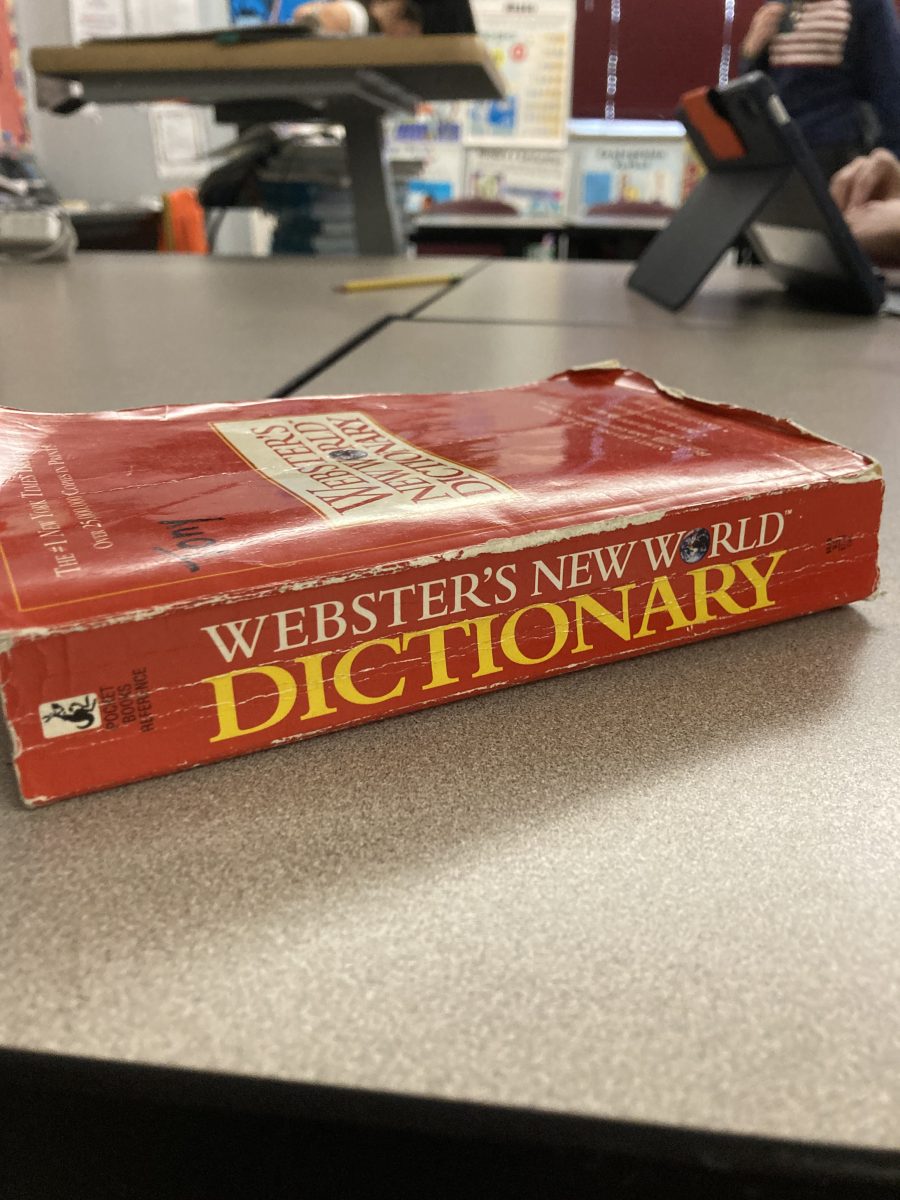Taxes, credit cards, banks, the stock market—the list goes on and on—are essential to understand and use in daily life as adults. That’s why it’s important to learn about them while the stakes are low, such as in high school.
St. Vrain Valley Schools and Silver Creek High School have a required class called Personal Financial Literacy (PFL) for sophomores. This class teaches students about being financially responsible and explains financial topics that are used regularly in adult life. It covers these topics well and is an essential addition to graduation requirements at Silver Creek, but there is a lot more that motivated students could learn from more financial literacy education.
The intricacies of money management are numerous. You can teach a four-year college degree that only covers the stock market. One high school semester is not nearly enough to teach the basics of everything a young adult needs to understand their finances.
Kirsten Herman, a PFL and social studies teacher at Silver Creek High School, believes that the way the PFL class covers topics such as saving and investing is good enough, but there is a lot more that could be learned.
“So for example, when we talk about investing [in PFL] we hit the surface level: what it is”, Herman said. “Why do you want to do it quickly? How do you do it? But we never get into the details….”
However, one semester is far better than nothing. The PFL class covers a broad range of topics and gives a head start for students that can help them avoid potentially life-changing mistakes, such as falling into credit card debt.
Brian McGee, a PFL and business teacher at Silver Creek, has personal experiences with this, through his children.
“There are so many people that find themselves in money trouble, and it’s easy for young people to struggle because they don’t understand how credit works,” McGee said. “… I saw my kids having trouble with leaving high school, going to college, getting their first job, and not understanding how to put money aside [in savings].”
Herman learned that parents appreciate and learn from the class as well.
“I would have parent-teacher conferences with some of my PFL students and they would say ‘I had no idea how a credit card worked, and I ended up going into debt, and now I have this crippling debt that I haven’t been able to get rid of,’” Herman said.
Being educated on money management in high school can have lasting impacts, especially when it comes to avoiding debt, and PFL can be an essential tool.
The St. Vrain Valley District (SVVSD) requires PFL for all sophomores, but other districts may not have the same requirements, even within Colorado. Colorado is one of 25 states that don’t require a PFL class in all high schools, and one of eight that leave the choice up to the School District.
Many students in the United States don’t have a PFL class offered at their school, their PFL is integrated into other classes, or they have a class but it is optional, and sometimes poorly advertised. This can lead to suboptimal learning or a lack of financial education at all. Students in these situations are far less prepared to manage their finances outside of high school.
David Speckl, a PFL and social studies teacher at Silver Creek does his best to help students learn to manage their finances and wishes he could reach out to more people.
“If you look around our country and world today, we have so many people living in financial situations that are for some, unnecessary,” Speckl said. “… They just didn’t have the financial background and education [to know how to manage their money].”
While Colorado doesn’t require a PFL graduation requirement they highly recommend districts implement it and provide resources and curriculums.
Having a PFL class is very beneficial for young adults. It is a low stakes way to learn money skills, as they prepare to navigate the United States’ capitalist economy.
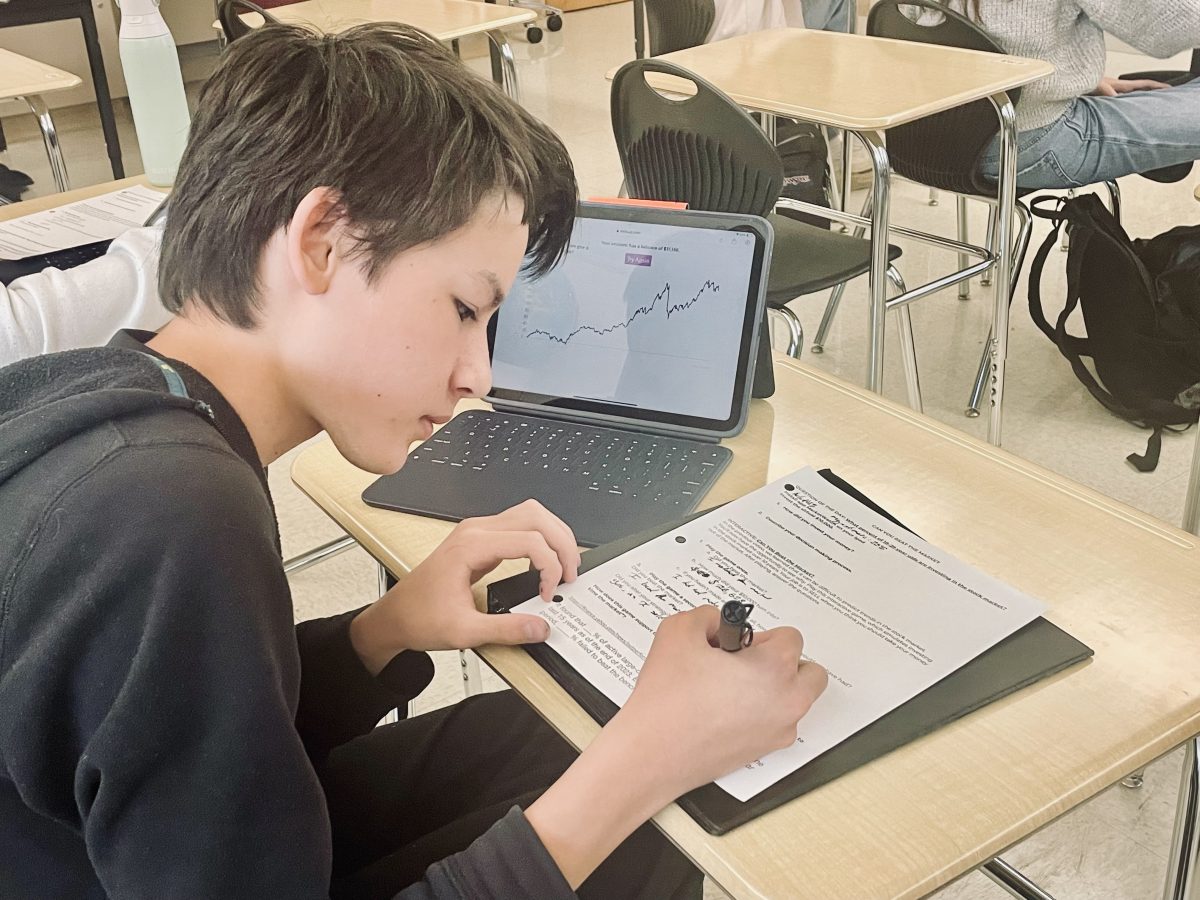



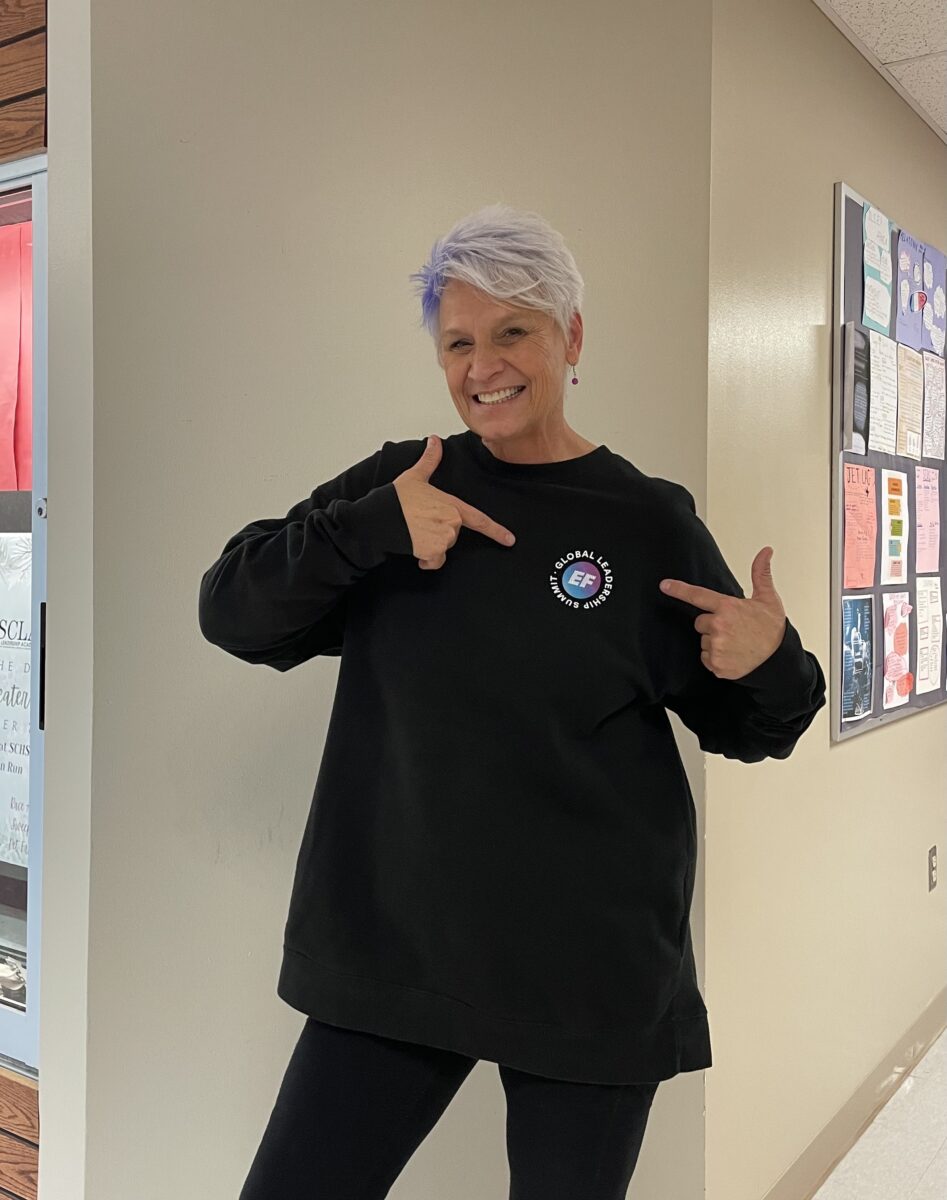
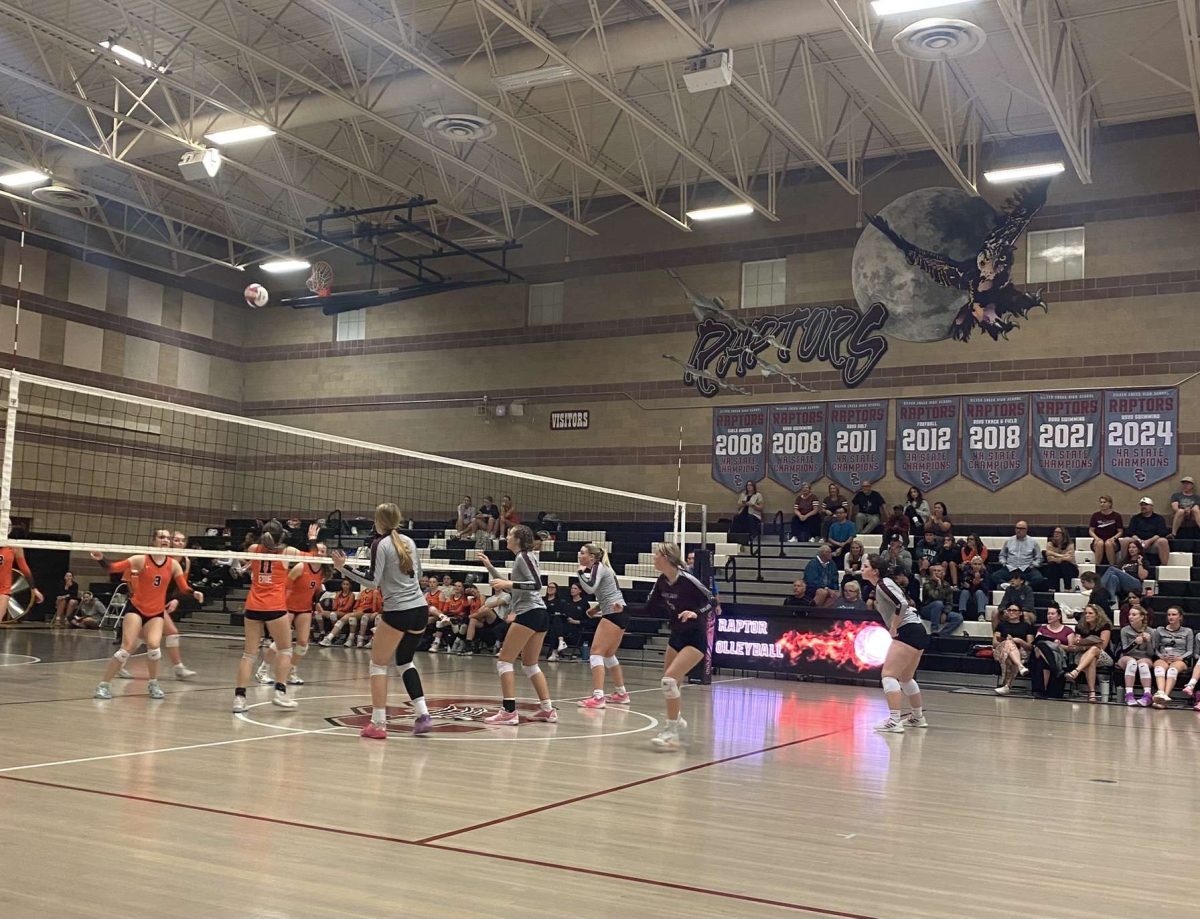




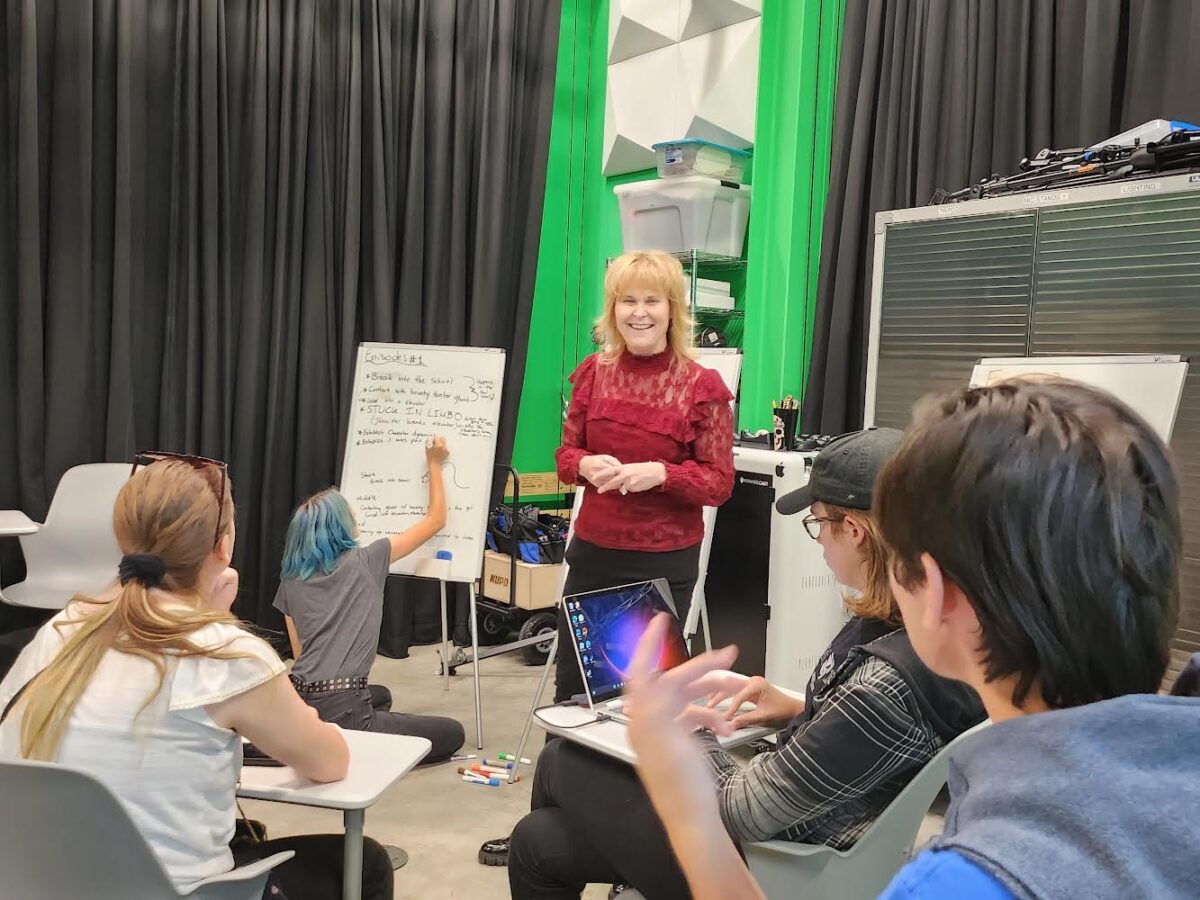





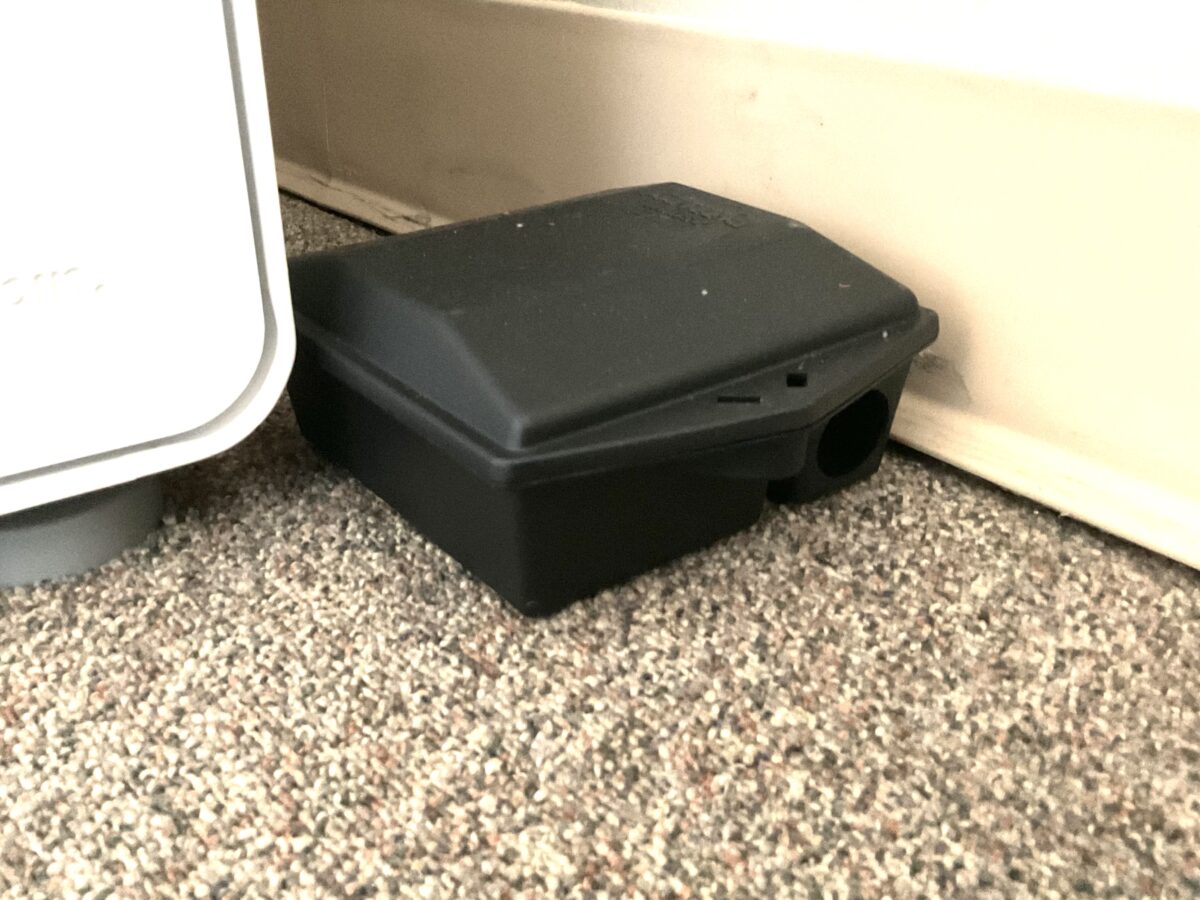










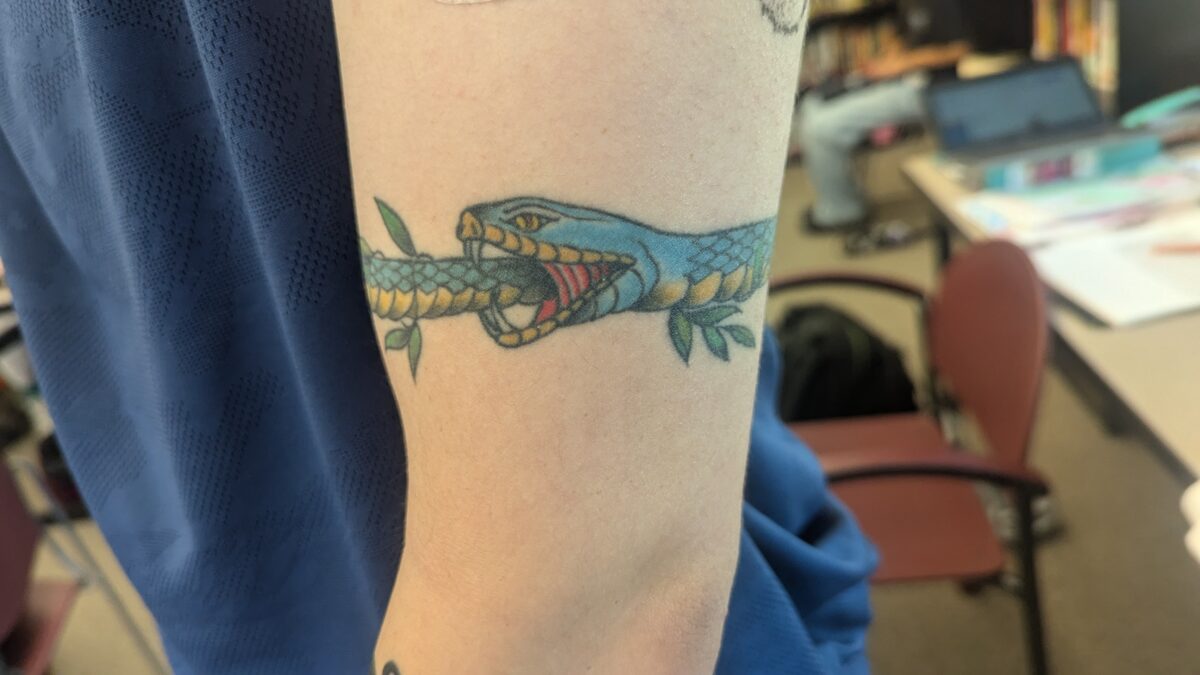


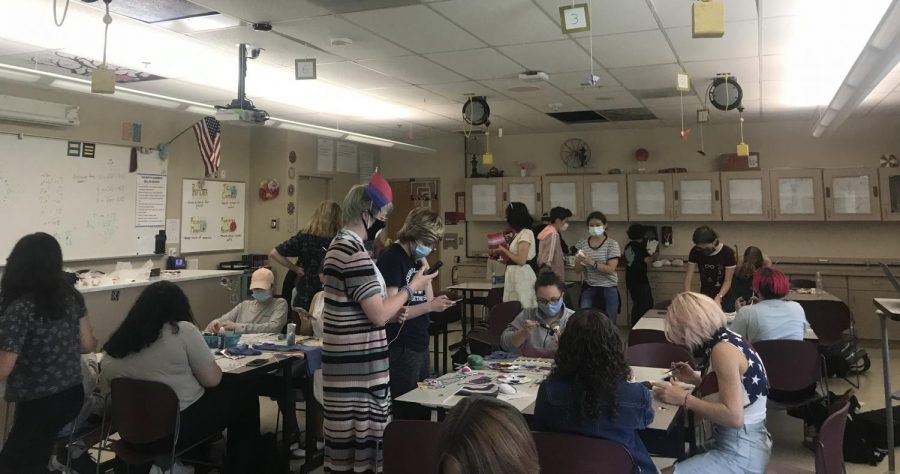



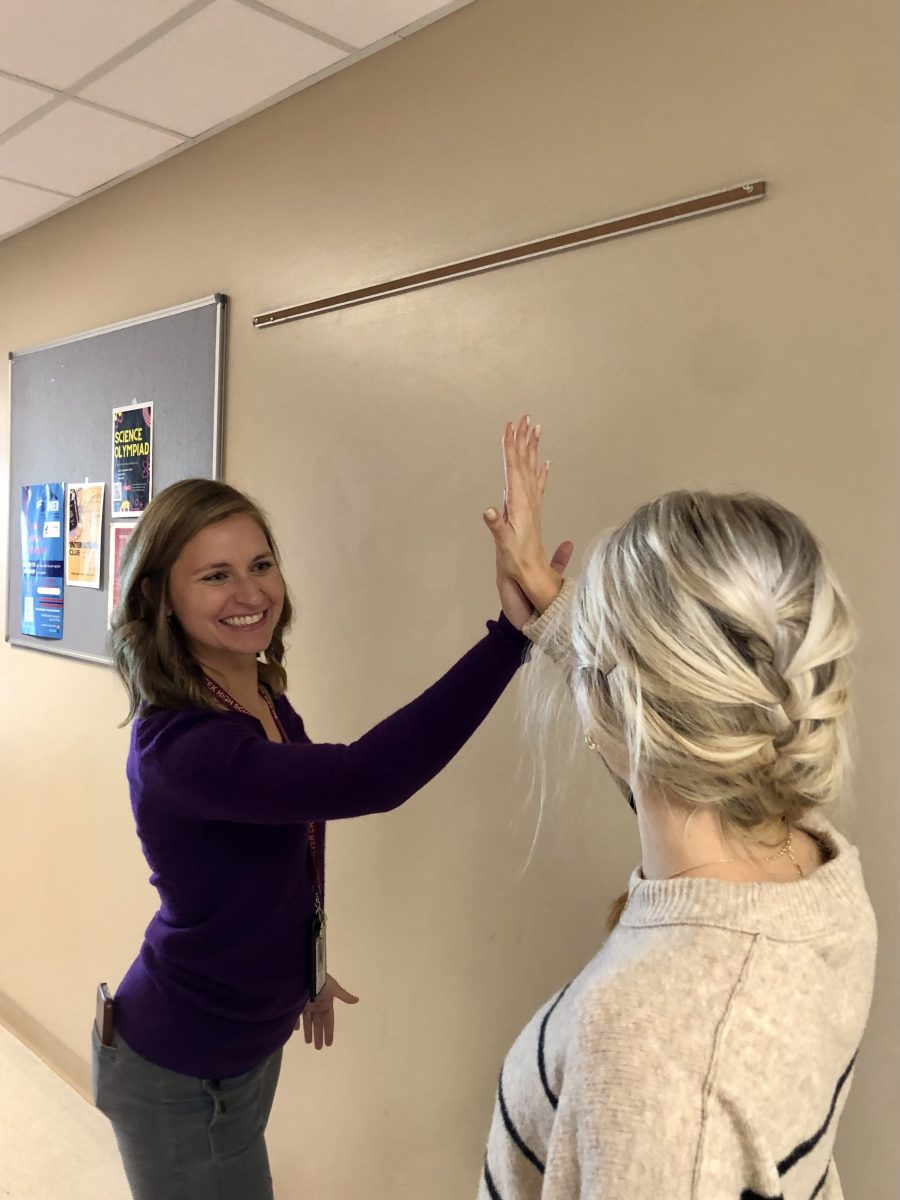



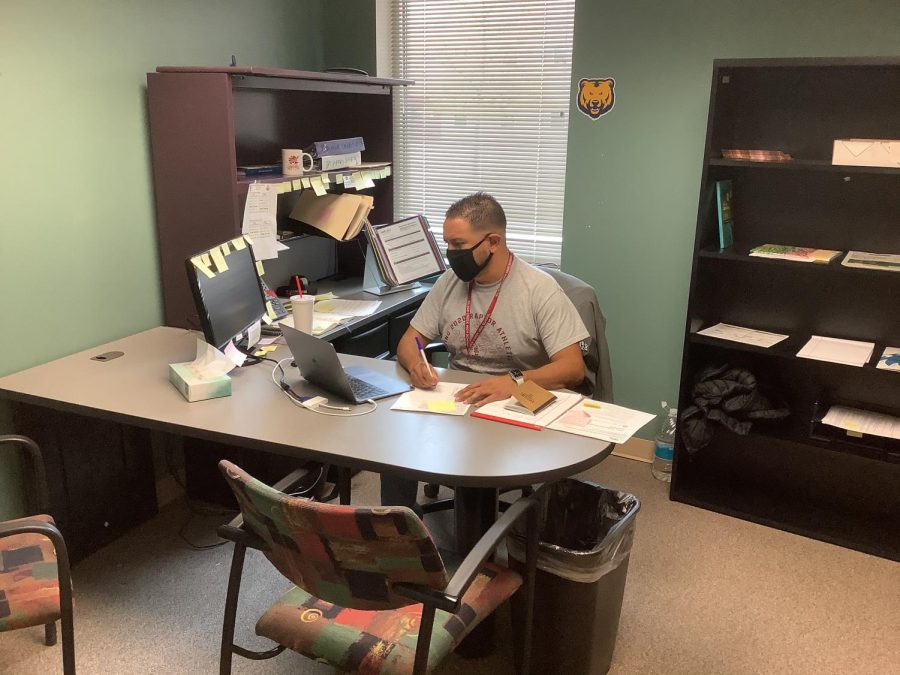
![Hosting the SCLA Casptone Mentor Dinner outside allowed for more attendees on September 27, 2021 at Silver Creek. This event would’ve usually been held inside. According to Lauren Kohn, a SCLA 12 teacher, “If we have a higher number of people, as long as we can host the event outside, then that seems to be keeping every[one] safe”.](https://schsnews.org/wp-content/uploads/2021/11/sxMAIGbSYGodZkqmrvTi5YWcJ1ssWA08ApkeMLpp-900x675.jpeg)

